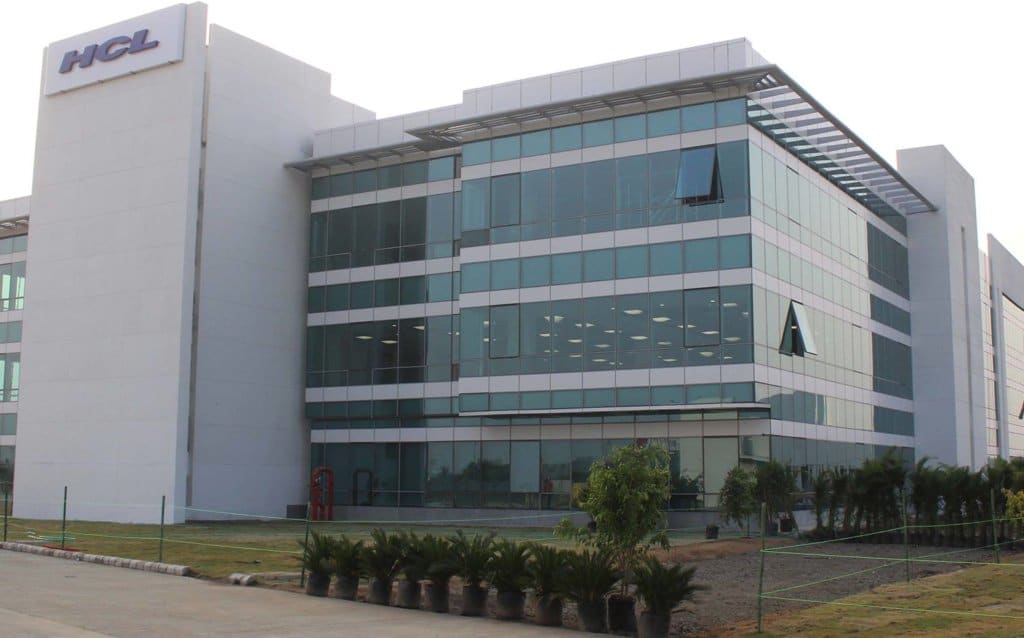An ex-employee of HCL Technologies in the United States has filed a lawsuit, accusing the firm of preferring South Asian workers over Americans.
Texas-based Reese Voll, a white, male computer systems architect who worked at HCL Technologies for two years, filed a class action complaint in the U.S. District Court for the Northern District of California on Aug. 15.
“The key allegations are that HCL discriminates against non-South Asians in hiring, promotions and terminations in four ways,” Daniel Low, the attorney for Kotchen & Low who filed the complaint, told Moneycontrol in an email response.
Voll has alleged in his complaint that HCL promoted and chose H-1B visa holders to work on projects, most of whom are Indians. He was put on bench or given unassigned project status in July 2016. According to HCL’s policy, an employee’s job is terminated after being on bench for 30 days. Voll’s efforts to join other projects did not fructify and he he was asked to quit in August 2016. He then applied for open job roles within the firm several times between 2016 and 2018, but was not hired despite holding adequate qualifications, the report added.
“HCL gives substantial preference to South Asian applicants when hiring for local positions in the US… HCL consistently promotes more South Asian employees than their non-South Asian counterparts… HCL benches and terminates non-South Asians at disproportionately higher rates. At least 70 percent of HCL’s employees are South Asian, despite South Asians making up about 12 percent of the US IT industry,” Low added, according to the publication.
The company applies for more H-1B visa positions than required, the suit alleges. “In this way, HCL has been able to secure visas for far more individuals than it actually has a present need for,” it says, the Mercury News reported.
Almost all the H-1B visas obtained by the company hail from South Asia, it says. The suit also alleges that HCL gives jobs to foreign workers who hold H-1B visas rather than those who are already living in the United States.
“Non-South Asian individuals are often displaced from their current positions in favor of South Asian and visa-ready individuals,” the suit claims, according to the publication. “Jobs are given to visa-holding South Asians from India.”
Similar discriminatory practices are followed in case of promotion and termination, the suit alleges. HCL promotes South Asians at high rates than non-South Asians. “On information and belief, non-South Asians are disproportionately awarded lower appraisal scores, and thus, non-South Asians are promoted less frequently than South Asians at HCL,” it says.
The suit also claims that non-South Asian employees are far more prone to face termination of jobs than their South Asian counterparts.
Several outsourcing firms are facing legal cases over similar allegations in the United States.
In a similar case filed earlier this year, Rex Trewin, a former employee of Wipro, alleged that his contribution was ignored by the firm and that his services were unfairly terminated. He further claimed that he was penalized for emphasizing upon the importance of conforming to employment laws and regulations.
In September last year, Cognizant Technology Solutions, one of the largest recipients of H-1B visas, was also sued by American workers who accused it of showing bias against employees who aren’t Indian. The laid-off employees alleged that they were fired and replaced by “less qualified” South Asian employees. Cognizant denied the charges.
India’s Tata Consultancy Services Ltd. (TCS) was accused in 2015 of violating anti-discrimination laws by favoring South Asians. A California judge rejected a request from TCS to dismiss the lawsuit In December last year.
Outsourcing firms take the largest number of H-1B visas. Among the companies getting the highest number of H-1B visas in 2016, three of the top five firms were Indian, according to a Pew report. HCL stood in number eight on the list, receiving 3,492 visas.
India tops the list of countries applying for H-1B visas, ahead of China, according to data from the U.S. Citizenship and Immigration Services (USCIS). In FY 2017, 302,293 Indians applied for H-1B visa, while China followed with 41,475 applications.
